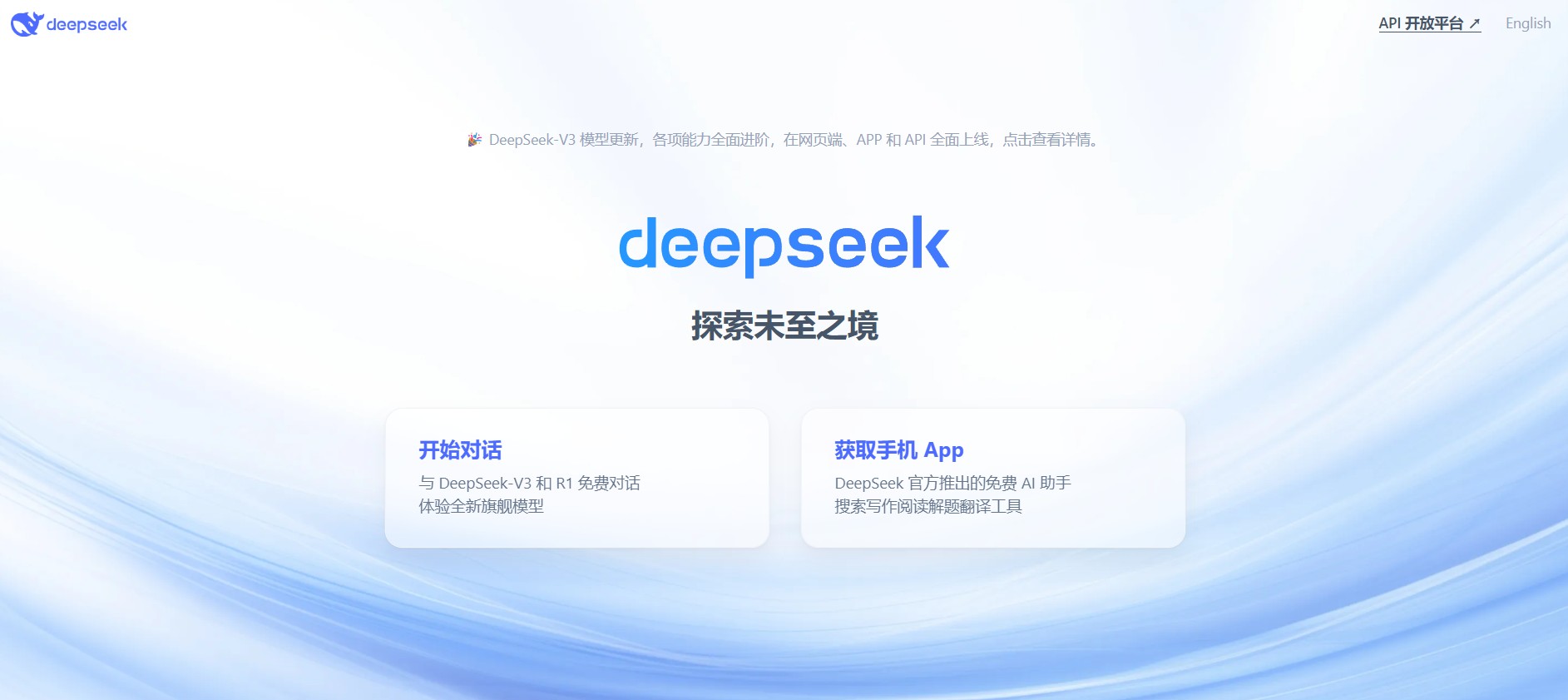Chatbot Apps & Websites – Conversational AI for Every Use Case
Use Cases
- Customer support and automated FAQs
- AI companions and digital assistants
- Lead generation and user engagement for businesses
- Interactive learning and tutoring experiences
- Task automation (e.g., bookings, reminders, scheduling)
- Entertainment and roleplay bots
- AI therapists, mental health check-ins, and wellness coaches
- Language translation and practice chats
- Internal team support (HR, IT helpdesk bots)
What are Chatbot Apps & Websites?
Chatbot apps and websites use conversational AI to simulate human-like interactions. These bots can answer questions, perform tasks, hold intelligent conversations, and provide support or entertainment—all through a simple chat interface. They’re powered by rule-based scripts, large language models, or a hybrid of both.
How do these chatbots work?
Chatbots use natural language processing (NLP) and machine learning to understand user inputs and generate appropriate responses. Some use pre-scripted flows, while more advanced ones are powered by AI models like GPT, Claude, or proprietary engines that allow for freeform, adaptive conversation.
What’s the difference between AI chatbots and traditional rule-based ones?
Rule-based chatbots follow predefined decision trees and only handle specific inputs. AI chatbots use language models to interpret a broader range of inputs and generate dynamic, context-aware responses—making them more flexible, natural, and useful in complex scenarios.
Are these tools useful for businesses?
Yes. Many chatbot platforms are built specifically for business use, providing automation for customer service, lead qualification, appointment scheduling, and even e-commerce support. This reduces response time, improves user experience, and lowers support costs.
Can I create my own chatbot without coding?
Absolutely. Many chatbot builders offer no-code or low-code platforms where you can drag-and-drop conversation flows or integrate large language models to create custom assistants. Some platforms even let you fine-tune bots with your data for specific industries or brand voices.
What are some popular chatbot platforms?
Some leading chatbot apps and platforms include:
- Character.AI – Customizable AI chat characters for entertainment and roleplay
- Replika – An AI companion for conversation, self-reflection, and emotional support
- ChatGPT – General-purpose AI assistant for conversation, productivity, and coding
- Botpress – Open-source chatbot builder for enterprise and developer use
- ManyChat – Marketing-focused chatbot platform for Facebook, Instagram, and WhatsApp
- Flow XO – Workflow automation and chatbot platform for businesses
Are chatbot apps private and secure?
Most chatbot platforms take privacy seriously, especially those used in regulated industries. However, always review each tool’s data policies. Some apps may store conversations to improve model performance, while others offer local deployment or encrypted messaging for sensitive applications.
Can chatbot apps understand multiple languages?
Yes. Many AI-powered chatbot platforms support multiple languages and can engage in multilingual conversations. Some even auto-detect language and translate in real time, making them ideal for global businesses or language learners.
What devices or platforms can I use chatbot apps on?
Chatbot apps are available on a wide range of platforms including websites, mobile apps (iOS/Android), messaging platforms (WhatsApp, Telegram, Messenger), and even voice assistants like Alexa and Google Assistant.
Can chatbot apps replace human agents?
While they can handle many routine tasks, AI chatbots are best used as a first line of support or interaction. For complex issues or emotional nuance, human agents are still important. The ideal setup is a hybrid one—chatbots for speed and scalability, humans for expertise and empathy.


